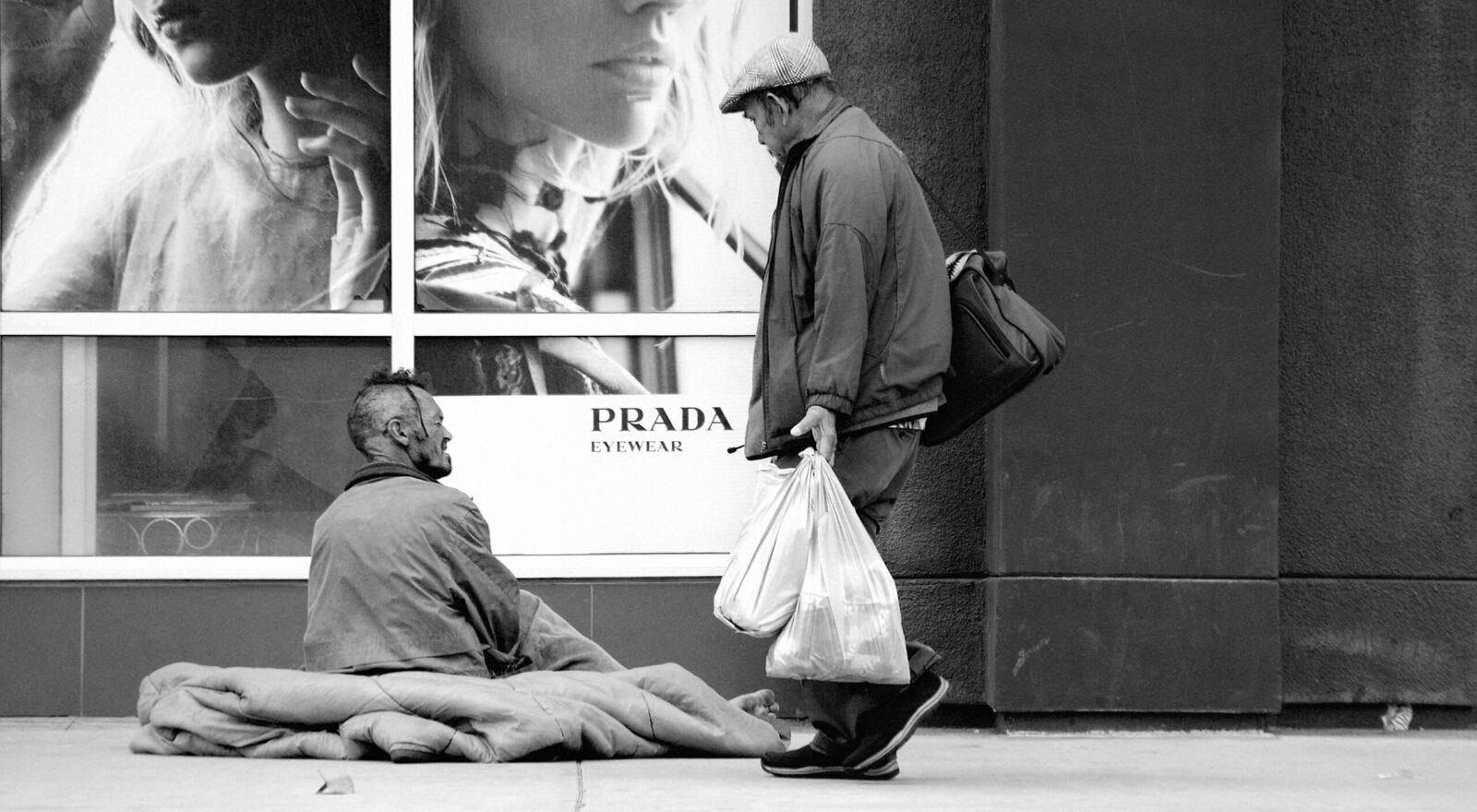California, the Dream and the Nightmare
Originally published at Creator's Syndicate“The homeless are just like you and me.” That’s a politically correct assertion that doesn’t quite recognize the reality on the ground, such as the link between self-destructive behavior — most notably, substance abuse — and living on the street with no place to call home.
California is home to 12% of America’s population, but 30% of the number “experiencing homelessness” and half the population of unsheltered homeless. Why?
A new study on homelessness, the California Statewide Study of People Experiencing Homelessness by UC San Francisco, lays out how a set of painful events can bring adults to the sad moment when they lose a roof over their heads. They lose low-paying jobs and then apartments; they bunk in spare rooms of friends and family; some decide couch surfing is too much of a burden on others and brave the street. Others live from their cars for as long as they can hold onto them.
The study involved 3,200 adults with interviews of 365 individuals. One participant summed up his situation noting, “Being homeless is a full-time job.”
The results are presented as a challenge to the notion that California’s progressive politics have served as a magnet, noting that 90% of study participants lost their last housing in California.
And while I appreciate that it laid out scenarios in which low-skilled, low-paid workers can fall through the cracks and onto the streets, through no fault of their own, it failed to do a deep dive into the role of substance abuse and criminal behavior.
Its findings rely on self-reporting, which I fear can be more self-serving than accurate. Author Dr. Margot Kushel responded that the study used “best practices” that produce valid and reliable results. “We trained the staff to enhance trust and honesty, and worked with local community representatives who accompanied us during interviews in shelters and encampments. We told all participants that their responses would be anonymous, as is best practice. The study participants shared many difficult things about their substance use, criminal legal involvement, experiences of violence, and other painful topics.”
The study noted that 65% of participants reported use of amphetamines, cocaine or non-prescribed opioids regularly — 64% reported doing so prior to their first bout of homelessness. I was surprised to learn 29% said they used hard drugs in the last six months before they were homeless, while 24% reported heavy drinking. That’s lower than I would have expected.
But then the study also included adults living in their cars or other vehicles as homeless, which accounted for 21% of cases.
Not necessarily just like you and me: More than three-quarters of participants reported they had been incarcerated in their lifetimes. As newly released adults sought housing after their release from jail or prison, “their social networks had been depleted, they faced barriers to employment.”
Others lost their homes because of mental health issues, domestic abuse, toxic roommates or substandard housing conditions.
I’ve written a lot about the need to use law enforcement to shut down open-air drug markets and remove encampments, which are a threat to public health. I’m still angry about the fires that break out in encampments, the squalor that bleeds into residential neighborhoods and the crime that threatens small businesses owned and operated by hardworking families.
I stand by all of it, and I reject the knee-jerk excuses housing advocates offer for anti-social street behavior that should not be condoned or subsidized. The California study also tells the tales of unlucky adults, who didn’t have the family or savings to weather an accident or a bad economy or an abusive relationship. And they need help.
